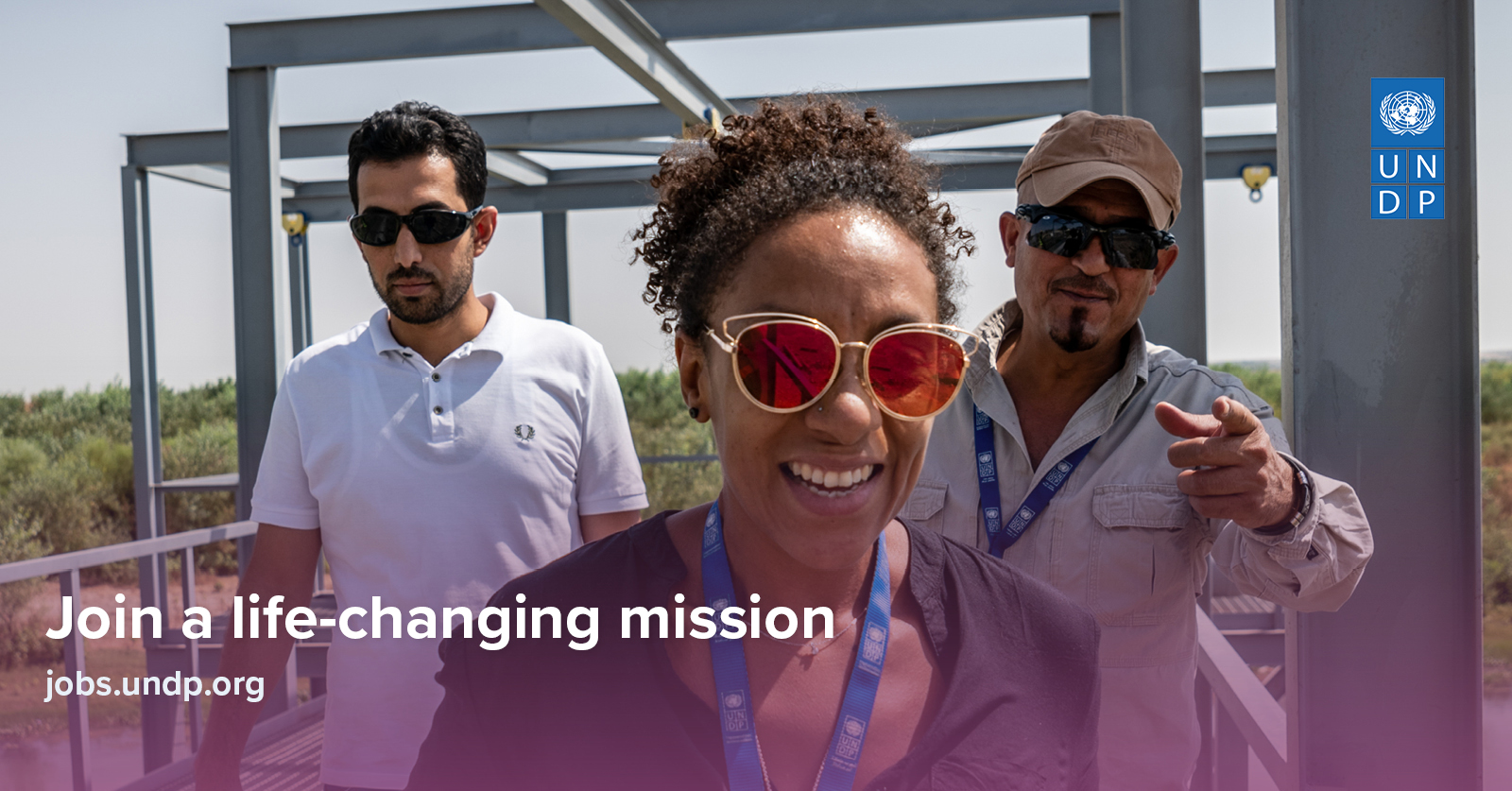
Bhutan has established a comprehensive legal and institutional framework to advance the rule of law and access to justice. Since the 1950s, the development of the legal and judicial sector has progressed at a remarkable pace which was further accelerated with the professionalization of the judiciary from the 1990s and the creation of Office of Legal Affairs in 1999 which was later replaced as the Office of Attorney General (OAG) in 2006. The 2008 Constitution guarantees separation of powers and judicial independence, a democratically elected parliament, a well-qualified and effective judiciary and Attorney-General’s office and a system of mediation at local level.
Significant investments to advance the justice sector and strengthen the rule of law in Bhutan are underway, with a Justice sector strategic plan (developed in 2018) providing a strategic framework for action and prioritized thematic action areas defined under its five strategic goals. These goals include:
- Justice Sector Leadership, Governance, and Collaboration are Effective;
- Justice Service Providers are Competent and Motivated;
- Justice Services are Responsive, Efficient, and Accountable;
- Justice Sector Services are Accessible and Inclusive; and
- Infrastructure is Adequate to Deliver Justice Services More Efficiently.
Well-functioning governance systems and institutions are at the heart of Bhutan’s 12th Five Year Plan (FYP) 2018-2023 vision of a “just, harmonious and sustainable society through enhanced decentralization”, and are critical for building resilience that will allow the country to better prepare for, respond to, and recover from crises such as COVID-19 while addressing existing and emerging vulnerabilities.
In order to respond to the rapidly evolving governance developments and findings from the impact analysis of the COVID-19 crisis on vulnerable populations, governance institutions and social contract, building on the multi-year framework, UNDP Bhutan has identified a set of strategic interventions from the IGF that will be funded by UNDP’s Governance, Peacebuilding, Crisis and Resilience (GPCR) funding window.
The strategic outcome envisaged, in line with the CPD Outcome 1 (UNSDPF Outcome 3), is that by 2023, Government institutions provide equal opportunities for all, and women and vulnerable groups hold leaders accountable.
Contributing to the above outcome are four outputs:
- Central and local governments engage with citizens for an equitable, effective and transparent service delivery
- Increased access, inclusion, transparency and accountability in the justice sector
- Parliament drives progress towards fundamental rights protection, sustainable development and GNH
- Innovation and partnerships are leveraged for efficient, transparent and accountable governance.
Output 2 is an integral part of the MYF and supports the implementation of the JSSP to strengthen access to justice, including through leveraging digital solutions to better respond and recover from the COVID pandemic.





